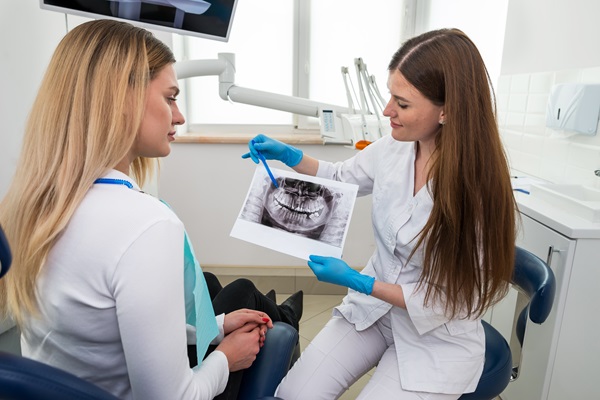What Happens After the Root Canal Procedure?

A root canal treatment can restore your tooth. It is an invasive treatment that aims to remove the damaged or infected pulp. But what should you do after this outpatient procedure? Here are the details on what will happen after a root canal.
When to eat
The dentist will suggest waiting until the effects of the anesthesia fade before the patient drinks or eats. This often takes a few hours after the root canal treatment. The numbness of the gums and tongue might cause the patient to bite the tongue or cheeks. Burning the tongue may also happen if the food is too hot.
What to eat
A root canal treatment will leave the tooth fragile and sensitive. The patient needs to be mindful about the foods to eat when the anesthesia fades. Soft foods are ideal. Below are some of them:
- Cooked vegetables
- Apple sauce
- Pasta
- Frozen yogurt
- Soft cheese
- Peanut butter
- Mashed potatoes
- Flan
- Hummus
- Pudding
- Bananas
- Soft bread
- Sorbet
- Rice
- Soup
- Scrambled eggs
What to avoid
Studies show that root canal-treated tooth weakens after the procedure. The patient must be more careful with choosing the right foods. Nuts, seeds, and sticky foods should be off the list. These foods could damage or dislodge the protective dental crown of the treated tooth.
The treated tooth is also sensitive after the dentist places the temporary crown on the tooth. Stay away from very hot or very cold drinks and foods. Doing so can help prevent sharp pain in the tooth. The dentist will also suggest avoiding these foods for a while, right after the permanent crown placement.
Reminders after the root canal treatment
Some discomfort is normal right after the treatment. The patient can manage this by taking over-the-counter pain relievers. Refrain from flossing around the treated tooth because this could dislodge the crown. Gently brush the treated tooth.
Gargle a warm salt solution three times each day. Let it stay in the mouth for a minute, and then spit it out. Follow the dentist’s instructions when taking antibiotics. The patient will take antibiotics to lower the risk of infection. Finish the course of antibiotics to make sure the possible infection is gone.
It is normal for part of the temporary crown to break off or wear away. However, call the dentist if it dislodges. The dentist will replace it. Chew on the other side of the mouth. There is no need to be alarmed because of the tenderness in the treatment area right after the root canal procedure. This will fade as the patient takes medications.
Placing the permanent dental crown will be the last step after the root canal. This custom-fit restoration will strengthen the treated tooth’s bite. It will also protect the tooth from future decay or damage. It is important to have the dental crown right away. Delaying it may result in a dental fracture or tooth loss. The dentist will make some adjustments to the permanent crown so that the patient can have a comfortable bite.
Be sure to follow the dentist’s reminders after the root canal treatment
Every dentist’s main goal is to keep teeth intact. A root canal will try to clear the cause of the problem and rebuild the tooth even if there is damage or infection. Knowing the proper aftercare practices can help you care for your treated tooth well. Working with your dentist can help you enjoy your new smile right away.
Request an appointment here: https://www.larochedental.com or call LaRoche Dental at (718) 750-8104 for an appointment in our Hollis office.
Check out what others are saying about our dental services on Yelp: Root Canal in Hollis, NY.
Related Posts
A dentist might recommend root canal therapy if you have a badly damaged, decayed, or infected tooth. The procedure targets narrow openings at the roots of teeth – called canals – that contain nerve fibers and blood vessels that provide sensation and nutrients to teeth.These nerves play an important role in the development and health…
Practicing preventive dentistry is an effective way to establish good oral health. Strict personal oral hygiene practices result in fewer dental problems. Strengthening these practices with regular dental appointments makes preventive dental care even more efficient. Preventive dentistry becomes even more effective by avoiding some bad habits.This habit increases the risk of chipping teeth. It…
Preventive dentistry can support your efforts to keep your mouth healthy, including practicing good oral hygiene, eating a balanced diet, and avoiding things that can damage your teeth and gums. Good oral hygiene goes a long way in helping to prevent common dental issues, such as tooth decay and gum disease, but sometimes it is…
Oral injuries that lead to severe bleeding in the mouth count as dental emergencies. Blood clots have a more challenging time forming in the mouth, and deep cuts in the mouth can lead to significant blood loss without the care of an emergency dentist. Waiting up to a few weeks for a regular appointment is…
